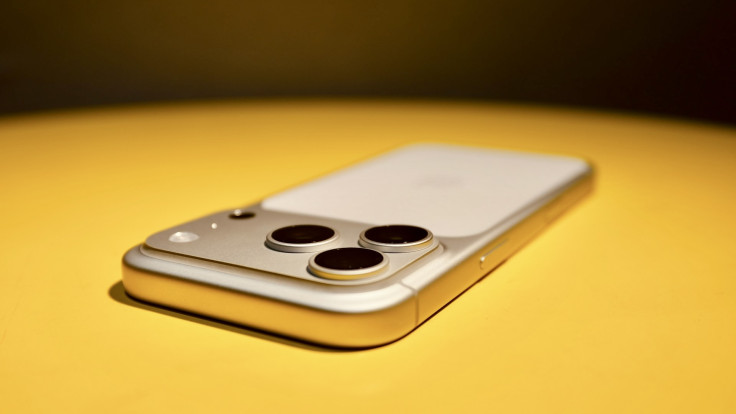Apple Poised to Knock Samsung Off Top Spot After 14 Years in a Shock Power Shift
Analysts say strong iPhone demand is driving Apple's projected 2025 surge

Apple is on track to overtake Samsung in global smartphone shipments for the first time in 14 years, marking one of the most significant power shifts in the industry's modern history. The projection, based on fresh data from Counterpoint Research, suggests that 2025 could be the year Apple reclaims the top position it last held in 2011. Analysts say the development reflects changing consumer behaviour, rising demand for recent iPhone models and a broader transformation in global smartphone trends.
Forecast Shows Apple Surging Ahead in 2025
According to Counterpoint Research figures cited by CNBC, Apple is forecast to ship approximately 243 million iPhones in 2025. Samsung, which has led worldwide shipments since 2011, is projected to deliver around 235 million devices in the same period.
That gap, while narrow, is enough to tip the market in Apple's favour and place the company at about 19.4% global market share compared with Samsung's estimated 18.7%.
The projected change would end more than a decade of Samsung dominance and highlight the resilience of Apple's premium-focused strategy. Apple's potential return to the top spot follows a year of steady demand for its newer smartphone models and builds on structural shifts across the mobile sector.
Strong iPhone Demand and Changing Upgrade Patterns
Analysts attribute much of Apple's momentum to the strong performance of recent iPhone releases, including the iPhone 17 line, which has encouraged a wave of upgrades across multiple regions. Demand for the devices remains particularly strong in the United States, Europe and parts of Asia, where premium smartphone growth continues despite wider economic uncertainty.
Another major factor shaping the forecast is the growing trend of consumers keeping their devices for longer. Counterpoint Research notes that longer replacement cycles have altered the global market, pushing buyers towards higher-end phones that deliver better longevity. Apple has benefited from this shift because of its ecosystem integration, extended software support and brand loyalty.
Samsung Faces Pressure as Market Competition Tightens
Samsung retains a broad global footprint and remains a leader in several key segments, including foldable phones and mid-range Android devices. However, analysts say the company's flagship offerings have not matched the recent momentum generated by Apple's premium line-up.
The narrow forecast gap indicates that Samsung may need to adjust its strategy to maintain its long-running lead, particularly as competitors in the Android ecosystem intensify their push for market share.
Although Samsung continues to innovate in foldable technology, the segment remains a smaller portion of the global smartphone landscape. The company has not issued a response regarding the shipment projections, but industry observers note that Samsung's performance in emerging markets and foldable devices will play a key role in determining whether it can close the forecasted gap in 2025.
Industry Watches Closely as 2025 Approaches
While the projection is not yet confirmed, the industry is preparing for a pivotal year. If Apple achieves the shipment lead forecasted for 2025, it would mark a significant milestone in global smartphone history and signal a wider rebalancing of consumer preferences.
With both companies preparing their next major device cycles, the competitive landscape remains dynamic as the world awaits official shipment figures.
© Copyright IBTimes 2025. All rights reserved.




















